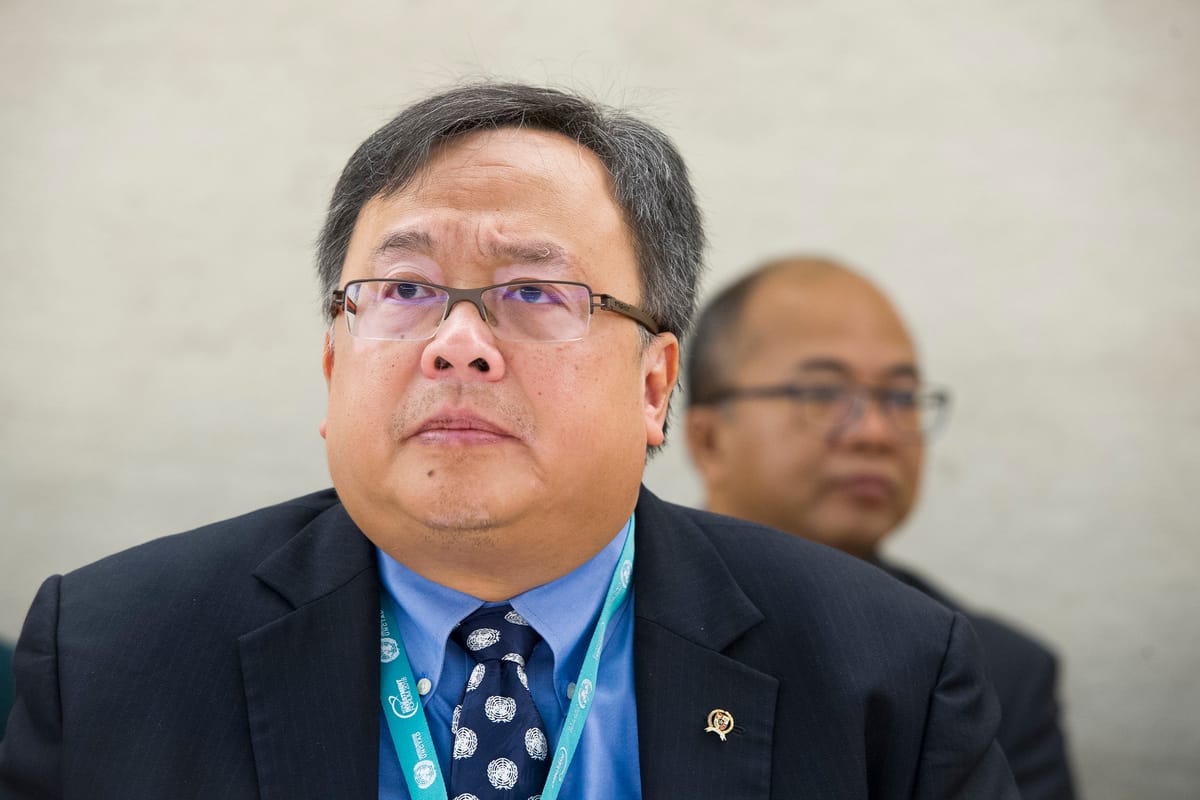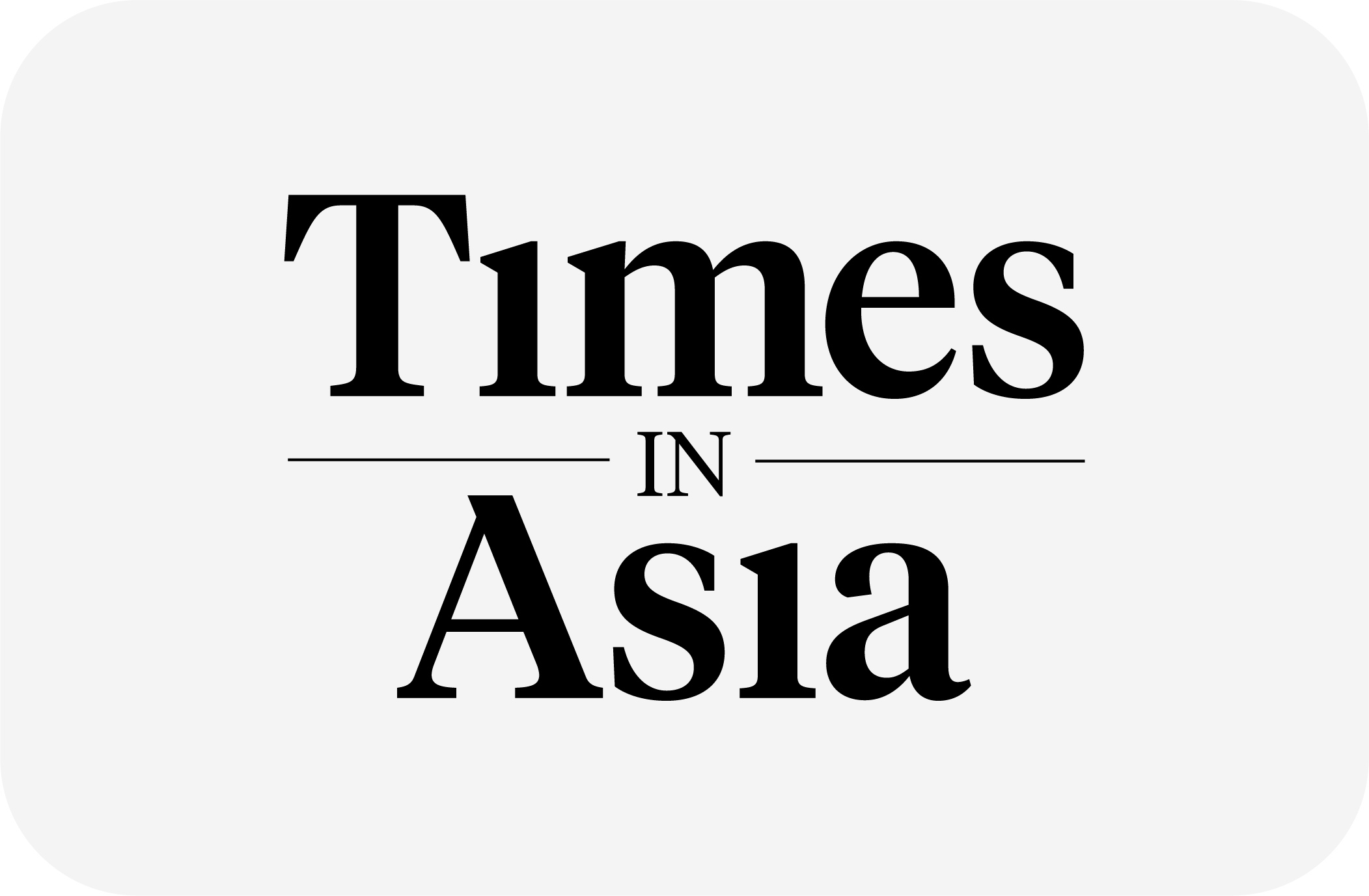
ASEAN economies should look to CEE to escape middle-income trap - ex-finance minister
Thailand, Malaysia and Indonesia must abandon legacy export-led models and embrace coordinated regional industrial development, according to the head of the Asian Development Bank Institute (ADBI).
Bambang Brodjonegoro, dean of the ADB’s Tokyo-based think tank, said Southeast Asia’s largest middle-income economies are at risk of long-term stagnation as demographic advantages fade and productivity growth stalls.
CEE countries could serve as model for ASEAN
The middle-income trap, Nikkei Asia notes, refers to the tendency of countries, like Thailand, Malaysia and Indonesia, to have early gains through cheap labour and exporting resources, only to then plateau as they fail to transition to growth driven by productivity and innovation.
The one-time Indonesian finance minister drew parallels with the former socialist-bloc countries in Central and Eastern Europe (CEE) in his interview with the world's largest financial newspaper.
CEE’s success, Brodjonegoro said, stemmed from integration into Western European supply chains, large inflows of foreign direct investment (FDI), and targeted European Union (EU) development funds.
Companies such as Volkswagen, Renault and Mercedes are still Western-owned, but their production facilities have shifted to Poland, Czechia, Slovakia and Hungary.
Brodjonegoro urged ASEAN countries to replicate that dynamic with China, Japan and South Korea under the ASEAN Plus Three framework, which groups those three wealthy Asian nations with the ten ASEAN countries.
“We have witnessed the emergence of some Eastern European economies becoming high-income,” he said. “Maybe this is the time for Asia to learn from them.”
Manufacturing, labour mobility, integration all key to success
Brodjonegoro also recommended that the three largest middle-income Association of Southeast Asian Nations (ASEAN) economies prioritise their manufacturing bases, labour mobility, and supply chain integration with Japan, China and South Korea.
Thailand, Malaysia and Indonesia are among the five ASEAN nations once branded "tiger cub" economies. However, without urgent reforms, ASEAN countries may fail to reach high-income status before ageing limits its fiscal and demographic capacity, Brodjonegoro warned.
Indonesia’s gross national income (GNI) per capita remains below USD 5,000, and Malaysia and Thailand face similar challenges, he said. Annual growth in all three economies has hovered around 5%, far below the trajectory needed to reach the World Bank’s high-income threshold of roughly USD 14,000.
Brodjonegoro warned that time is limited because the average age of Thais is accelerating upwards, while Indonesia’s demographic dividend is expected to peak around 2040. “Don’t retire before you are rich - you need to make sure your country becomes high-income before it becomes old,” Brodjonegoro said.
Despite the region’s demographic headwinds, Brodjonegoro struck an optimistic note. “Maybe in the next five years, Malaysia will be very close to a high-income economy,” he said. “Indonesia can have some periods in which our economic growth is higher than 5%, and Thailand could minimise the economic pressure that’s happening right now."
Brodjonegoro backs 'real sector' growth
The Chiang Mai Initiative, a multilateral currency swap arrangement between the ten ASEAN members, has laid the foundations for regional financial coordination, Brodjonegoro said.
However, he added, ASEAN still lacks a coherent real-sector development strategy: "to be a high-income economy, you do not need only the financial sector: you also need the real sector."
Brodjonegoro said “Asia needs to pay attention not only to goods and services, but also now to the people,” he said, noting that workers from CEE have buoyed up Western Europe's ageing population.
Process metals before exporting - Brodjonegoro
Indonesia should export processed nickel and stainless steel, as well as raw materials, Brodjonegoro underlined. The creation of a sovereign wealth fund, Danantara, to manage state-owned assets could also attract more stable investment, particularly from foreign pension funds, he added.
While acknowledging early fiscal constraints, Brodjonegoro praised Indonesian President Prabowo Subianto’s new government for its policies on school dinners, healthcare and village cooperatives. If funded by better tax collection and budget discipline, such policies would have long-term productivity and equity benefits, Brodjonegoro said. “Some people see this as populist,” he added, “but we haven’t really addressed the issue of poverty for a long time”.
Despite the demographic challenges for ASEAN, Brodjonegoro remained cautiously upbeat. “I still have the optimism,” he said, “maybe in the next five years, Malaysia will be very close to a high-income economy, while Indonesia can have some periods in which our economic growth is higher than 5%, and Thailand could minimise the economic pressure that’s happening right now," Nikkei Asia reported.
ASEAN must support real-sector growth
Brodjonegoro welcomed the Chiang Mai Initiative, a multilateral currency swap arrangement among ASEAN members, as a foundation for financial coordination. But he said ASEAN still lacks a unified strategy for the real economy.
“To be a high-income economy, you need more than the financial sector, you also need the real sector,” he said, referring to the part of a country's economy that produces goods and services, rather than financial services.
He added that demographic policy must also be addressed. “Asia needs to pay attention not only to goods and services, but also now to the people,” Brodjonegoro said, pointing to how CEE workers have supported Western Europe’s ageing labour market.
Indonesia should move into EV battery supply chain
Brodjonegoro backed Indonesia's efforts to move up the value chain. "What Indonesia can do better... is not just stop at exporting nickel, but maybe start exporting processed nickel", he said, as it could then produce stainless steel and join the EV battery supply chain.
He added that the creation of a sovereign wealth fund, Danantara, to manage state-owned assets could attract long-term investment from global pension funds.
While acknowledging fiscal constraints, he welcomed the new Indonesian administration’s launching of free school meals, rural healthcare and village cooperatives. If funded through better tax compliance and budget discipline, he said, these initiatives could deliver long-term productivity and equity gains. “Some people see this as populist,” he said. “But we haven’t really addressed the issue of poverty for a long time.”
